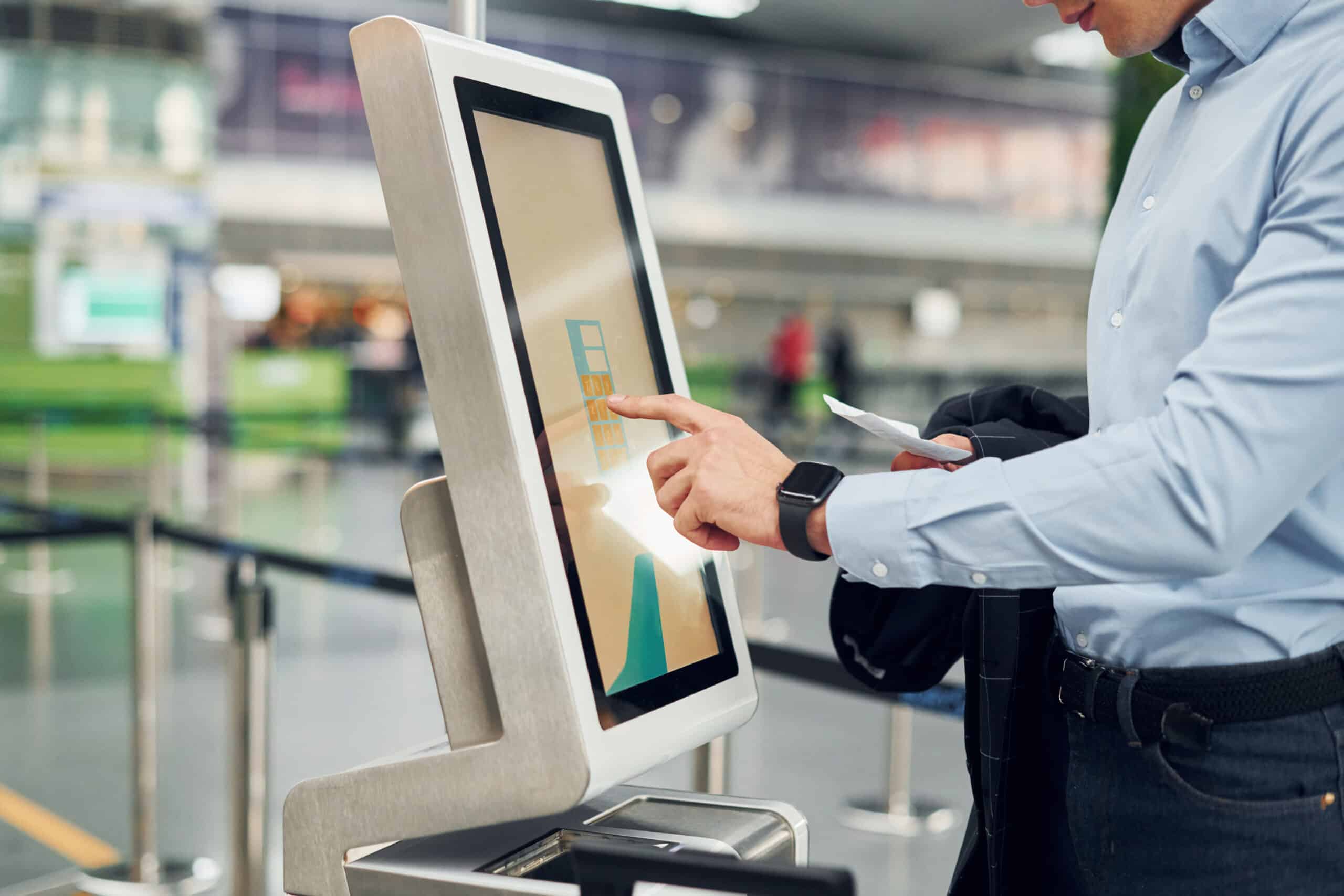What is a Queue Management System?
A Queue Management System is a digital tool designed to manage customer flow and reduce wait times by organizing and optimizing queues. These systems can include self-service kiosks, digital signage, mobile apps, and AI-powered analytics to streamline the customer journey from check-in to service completion.
Benefits of Queue Management Systems
1. Reduced Wait TimesQMS allows businesses to distribute customers efficiently across available service points, significantly reducing perceived and actual wait times. By providing real-time updates, digital queuing helps improve customer satisfaction.
2. Improved Customer ExperienceCustomers appreciate an organized and transparent waiting process. Features such as virtual queues, mobile notifications, and estimated wait time displays help manage expectations and reduce frustration.
3. Optimized Staff ProductivityBy analyzing customer flow and demand patterns, businesses can allocate staff more effectively, ensuring that service points are adequately manned while minimizing idle time.
4. Data-Driven Decision MakingModern QMS solutions collect valuable data on customer behavior, peak hours, and service efficiency. Businesses can leverage this data to improve workflows, identify bottlenecks, and make informed operational decisions.
5. Enhanced Customer RetentionA seamless queuing experience contributes to higher customer satisfaction and loyalty. When customers experience shorter wait times and a smooth service process, they are more likely to return and recommend the business to others.
6. Integration with Digital PlatformsMany queue management systems integrate with mobile apps, allowing customers to book appointments, check queue status remotely, and receive personalized notifications, further enhancing the efficiency of service delivery.
Real-World Applications of Queue Management Systems
- Retail Stores: Reduces checkout line congestion and enhances the in-store experience.
- Healthcare Facilities: Streamlines patient check-ins and appointments for smoother operations.
- Banks & Financial Institutions: Manages teller queues efficiently to improve customer service.
- Government Offices: Organizes appointment-based and walk-in services to enhance public service efficiency.
- Airports & Transportation Hubs: Optimizes security and boarding queues for a stress-free traveler experience.
The Future of Queue Management
With the rise of artificial intelligence and IoT, queue management systems are becoming more advanced. AI-driven predictive analytics, facial recognition check-ins, and fully automated service kiosks are shaping the future of customer flow management. As businesses continue to embrace digital transformation, QMS will play an integral role in enhancing operational efficiency and customer satisfaction.
Conclusion
Queue Management Systems are revolutionizing the way businesses handle customer flow, enhancing both efficiency and customer satisfaction. By leveraging technology such as AI, IoT, and mobile integration, QMS not only reduces wait times but also optimizes staff productivity and provides valuable data insights. As digital transformation continues, the adoption of advanced queue management solutions will be essential for businesses looking to stay competitive, improve service delivery, and create seamless customer experiences.

















